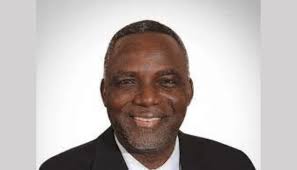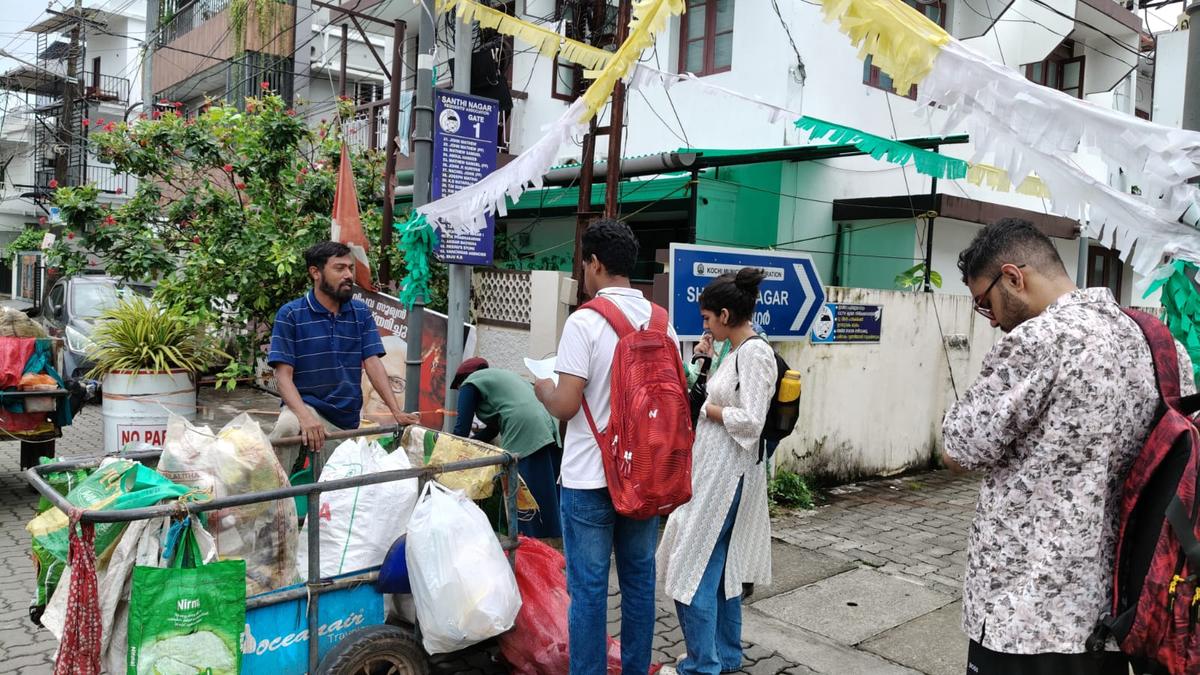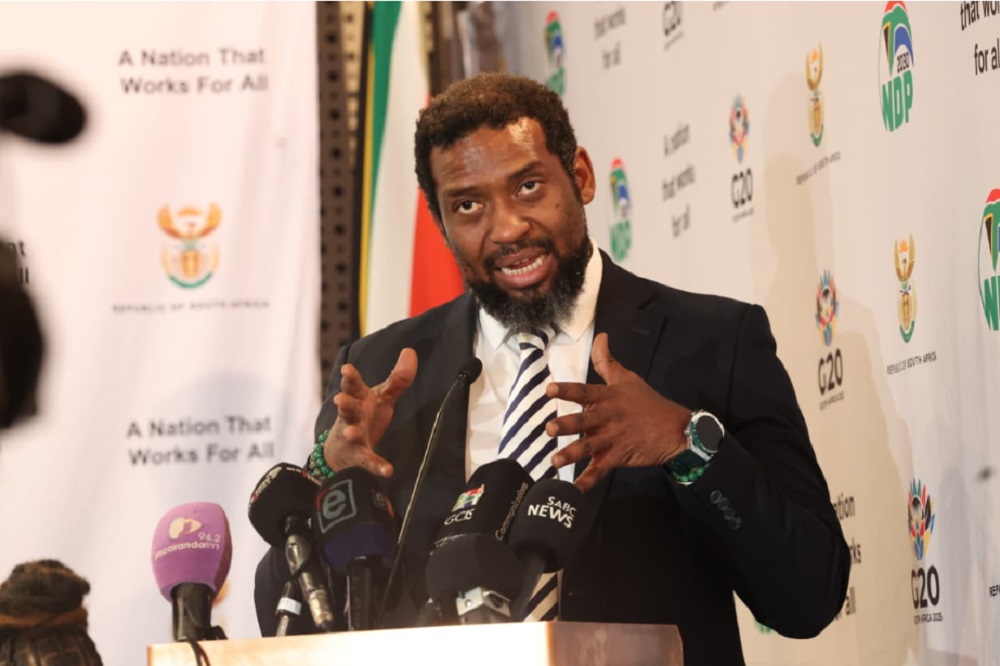By BART NNAJI
Copyright independent

It is an honour for me to chair the 2025 Annual Fafunwa Foun-dation Lecture and the 18th Post-doctoral Awards in Education held on Thursday, September 23, 2025, at the Muson Centre in Lagos in honour of a great Nige-rian statesman, academic and public administrator, Professor Babatunde Aliyu Fafanwa, CON, NNOM, a former Minister of Ed-ucation. From the depths of my heart, I thank everyone , from far and near, who found time to par-ticipate in the event.
Professor Fafunwa was a Pan-Nigerian through and through, in the tradition estab-lished by the Great Zik of Africa. The Great Zik brought him to the newly established University of Nigeria at Nsukka in the early 1960s and offered him a high ac-ademic position there. It was at a time the Nigerian educational authorities were looking down on American education due to undue British colonial influence. Prof Fafunwa was the acting UNN Vice Chancellor when the civil disturbances broke out in 1966. But for the Civil War, he would have been the substantive Vice Chancellor at a time the UNN was still a regional university which belonged to the Eastern Nigerian government.
I am delighted that his beloved daughter, Professor Sheri Fafun-wa-Ndibe, has followed in his academic footsteps. By the way, she is happily married to my brother and friend, Okey Ndibe, himself a professor in the United States where he is better known as a novelist and journalist. I am proud that Sheri and Okey cele-brated the New Yam Festival with my family in my village in Enugu State last month. Sheri returned to America three days later. Yet, she found time to fly back all the way from the United States to be in our midst today.
Thanks, Sheri, for taking such pains to honour the memory of a wonderful dad and a true Nigeri-an. Prof Fafunwa must be look-ing down from above, proud of you and your siblings, as well as all the participants in this event.
The theme of the 2025 Fafun-wa Lecture would not have been timelier. It is Reinventing Teach-er Education for Culturally Root-ed and AI-Enhanced Pedagogy in Nigeria. Since November 30, 2022, when Sam Altman and his team at OpenAI launched ChatGPT4 as their Large Language Model (LLM), generative AI has been upending the world business, as we know it. Nothing can remain the same.
The United States, China, the UK, European Union countries, South Korea, and Israel have been leading in the unfolding revolution. Where is Africa in all this? Some of us foresaw these seismic digital changes as early as the 1980s. On completing my doctorate in Engineering, with specialty in automation and ro-botics, I opted to go to the MIT do a short program in Artificial Intelligence and Robotics. It im-mensely enriched my research in intelligent machines.
Nigeria and the rest of Africa lost the last three Revolutions. We can’t afford to lose the 4th Industrial Revolution. But we can’t participate significantly in the 4th Industrial Revolution shaped by generative AI if our educational institutions are not at the forefront. That’s why the theme of this year’s lecture is particularly significant.
Our teachers can’t teach our children AI and related topics like Big Data Analytics, Machine learning, and Cyber Security if they are not trained in them. In advocating that we embrace the AI Revolution, I am conscious of some risks inherent in the use of generative AI like threat to privacy, increase in Deep Photo-shopping or sophisticated forg-ery, perpetuation of bias, and, of course, corruption of our cultur-al values.
There is a lesson from China in this respect. In its quest for rapid development, China did a num-ber of things, including getting top Western universities to set up campuses on its soil and getting its own universities to collaborate with Western counterparts in the development of their curricula. Still, China has always guarded its social values jealously in the curricula of all institutions. In fact, in its embrace of generative AI, it has made its national secu-rity and other critical interests a no-go area.
While we advocate an AI cul-ture in Nigeria, it is regrettable that many primary and second-ary school teachers are not even computer literate yet. Nor do they possess computers. Therefore, I suggest that the government at all levels find a way to get com-puters in the hands of teachers to enable them to be part of this rev-olution and be educators of the future. Of course, the computers can be made and procured locally.
The call for a computer for ev-ery public-school teacher in the country to be made possible by the three tiers of government is not something entirely new. A similar arrangement was worked out when the three tiers of government jointly bought and distributed a Toyota Prado Sport Utility Vehicle (SUV) to ev-ery LGA in Nigeria. The vehicles were given to every Divisional Po-lice Office to fight crime during the President Olusegun Obasanjo administration. We can do a sim-ilar thing now to secure the fu-ture of our dear nation through our children.
It will be a nice way to honour the memory of Nigeria’s foremost educationist and Pan-Nigerian nationalist. Prof Fafunwa was obsessed with Nigeria’s future through proper and competitive education of our children.
*Prof Nnaji, CON, NNOM, FAS, chairman of Geometric Power Group, a former Minister of Science & Tech-nology, a former Minister of Power, and a globally recognized engineering researcher, delivered this speech at the 2025 Fafunwa Memorial lecture which he chaired.



